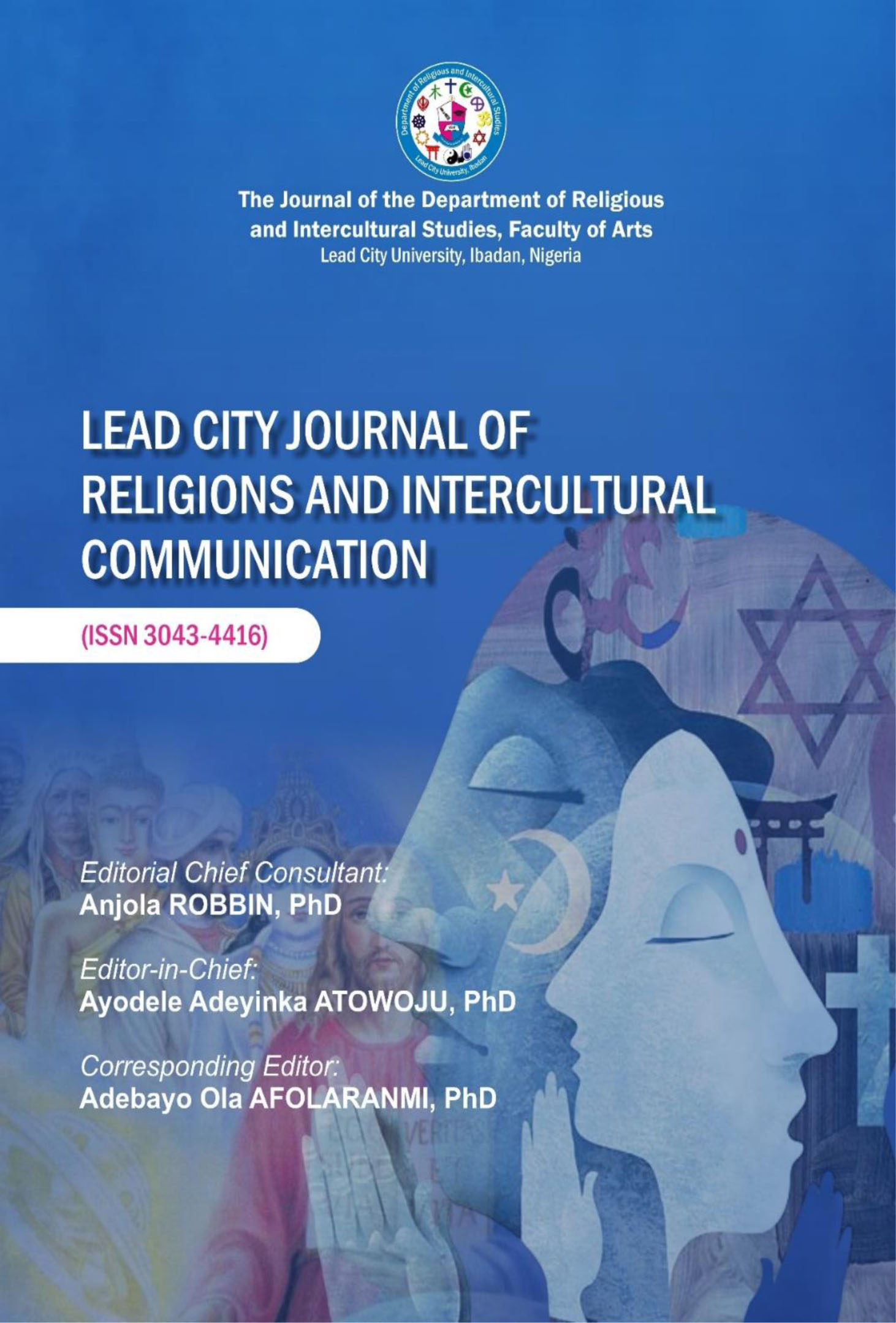Impacts of Religion on Political Activities in Nigeria, 1999-2023
Keywords:
Politics, Religion, Nigeria, Muslim, ChristianityAbstract
Two major religions alongside others are practiced in Nigeria, namely Islam and
Christianity. Religious politics is fast becoming the order in the country’s
political activities. Religion has been a strong determining factor for governance
bureaucracy and the electoral process in Nigeria. Hence, the impacts of religious
politics in Nigeria could be both positive and negative. This paper focuses on
the positive and negative influences of religion on politics since the inception of
the democratic government in Nigeria in 1999. The historical analysis method
was embarked upon to access facts and authentic information. Findings show
that politics of religion is detrimentally pronounced in Nigeria's political
activities, it is also discovered that the impact of religion on politics breeds
animosity and marginalization. The research concludes that politics should be
separated from religious influences. The research also recommends ways of
harmonizing the political interests of the two major religions for national
development. The adherents of both major religions in Nigeria, Islam, and
Christianity, should seek the common good for peaceful co-existence and a
serene political atmosphere. There must be mutual understanding and a
common goal in the governance of the nation. Nigerian politicians and clerics
should desist from the use of platforms of religion to promote personal political
interest. They should not be agents of disharmony in Nigeria.

